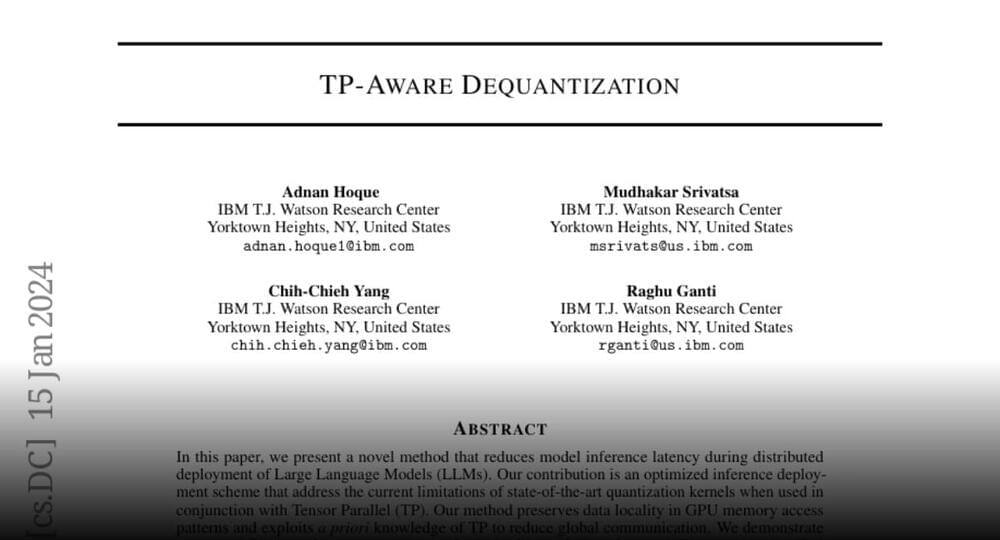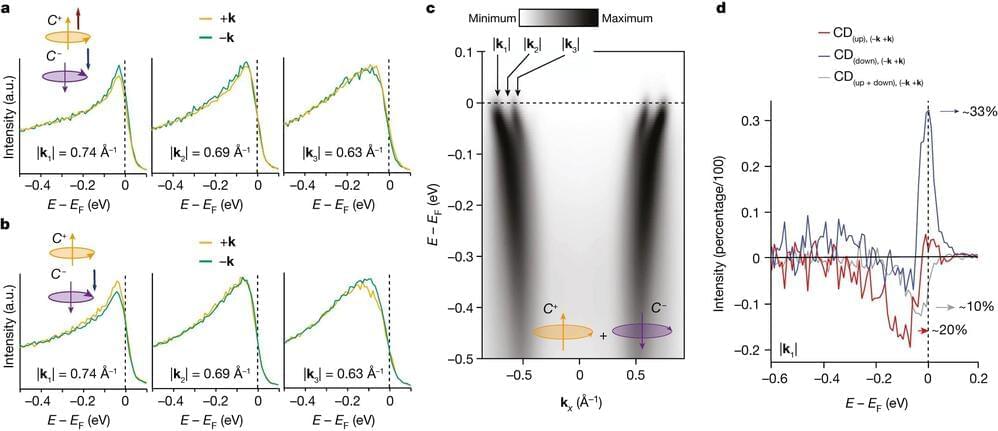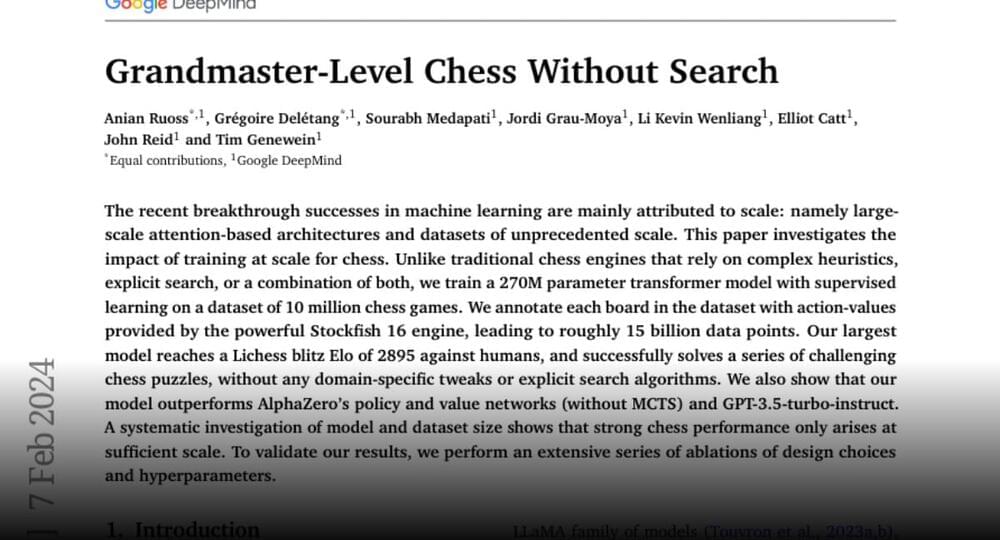Two astrophysicists from the Laboratory for Space Research (LSR) at the University of Hong Kong (HKU) have finally solved a 20-year-old astrophysical puzzle concerning the lower-than-expected amounts of the element sulfur found in planetary nebulae (PNe) in comparison to expectations and measurements of other elements and other types of astrophysical objects.
The expected levels of sulfur have long appeared to be “missing in action.” However, they have now finally reported for duty after hiding in plain sight, as a result of leveraging highly accurate and reliable data. The team has recently reported their findings in The Astrophysical Journal Letters.
PNe are the short-lived glowing, ejected, gaseous shrouds of dying stars that have long fascinated and enthused professional and amateur astronomers alike with their colorful and varied shapes. PNe live for only a few tens of thousands of years compared to their host stars, which can take billions of years before they pass through the PN phase on the way to becoming white dwarfs.







